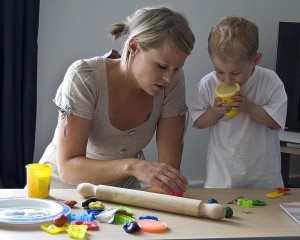10 Tips For Talking To Your Children About Sexual Abuse
Parents need to talk about a lot of difficult subjects but this is one of the toughest. We hope it will never happen to our child but we know that most abuse is by a parent or someone known to the child.
Children need to know how to protect themselves. 1 in 4 girls and 1 in 6 boys are molested before the age of 18. If your child has a disability, that risk is much higher.
We don’t want to frighten our children so they don’t feel safe or think the world is a dangerous place. We want them to feel safe in their world at school, work and play.
How can we best protect our children? Here are some essential tips:
- Talk to our children and listen to them to show “We can talk with someone about anything, no matter what it is”. Our children need to know they can talk to us and we will listen.
- Teach our children about their rights to personal safety. “We all have the right to feel safe at all times.”
- Encourage children to name and talk about their feelings. Demonstrate this to them by naming and talking about our own feelings.
- Teach our children about their bodies and use the correct names for their private body parts and use these at home. Private and public body parts, places, information. Practice this with them.
- Teach children the early warning signs of feeling unsafe or excited.
- Help our children understand the difference between safe and unsafe secrets.
- Encourage our children to solve problems they face. Ask them “How could someone feel safe when…?” and help them explore solutions.
- Identify who our children can talk to if they feel unsafe, scared or worried. Do this with the child. Who are the safe people in their lives they would feel OK to tell if they were scared?
- Teaching our children about safe and unsafe touch.
- NO GO TELL: Encourage our children to be assertive and feel confident to say no, and go and tell someone if they feel unsafe. They need to know to do this until they feel safe again.
Want to learn more:
Protective Behaviours WA runs workshops for parents and carers on keeping children safe, you can visit their website here or have a look at their activity work books.

